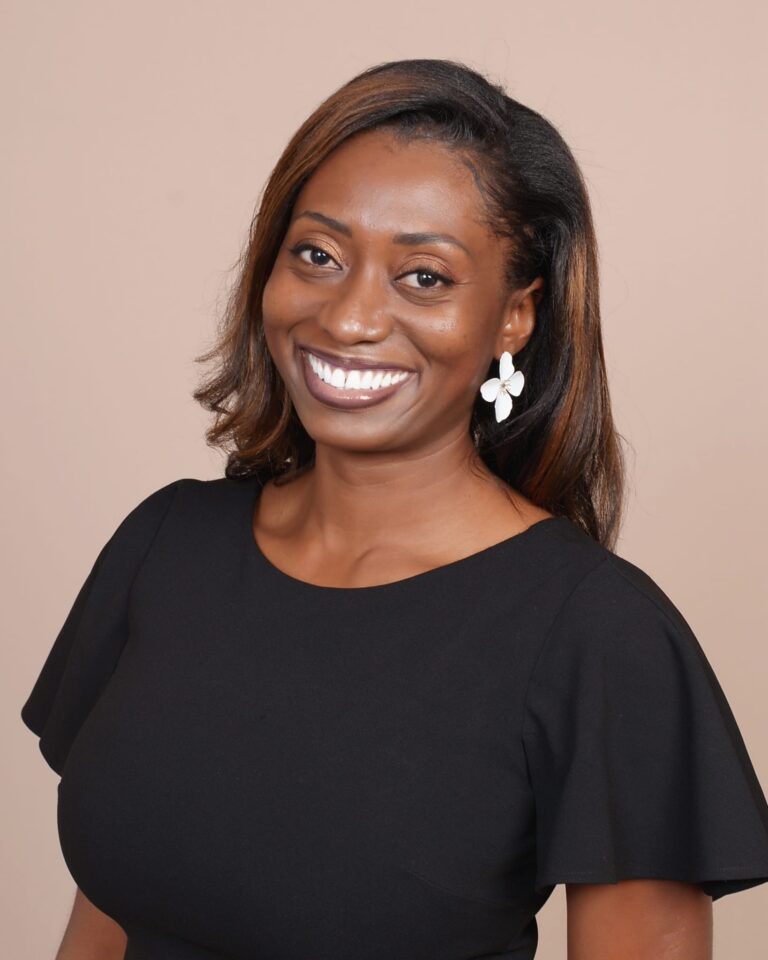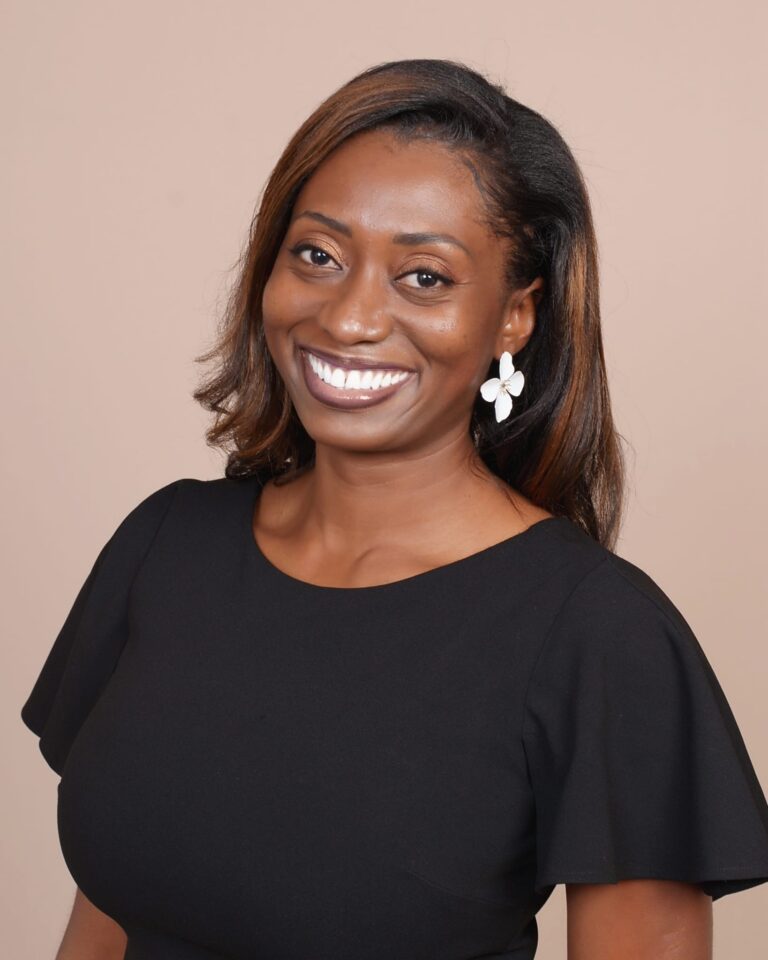Sitting in the high salon chair a few inches below the hair braider’s working hands, I get a flash of dejavu as I flip back a few pages of the book in my hand to the part where I had read a very similar scene. Chimamanda Adichie’s “Americanah” which I had longed for until a friend let me borrow her copy, was in my hand and I smiled as I went back to the beginning where she described the character Ifemelu’s visit to the hair braider. I had smiled as I read the nostalgic description of the salon room, the stiff air of heated pomade and salon chemicals all of which I remembered so vividly that I could feel sweat breaking out on my nose (this happens typically when I smell pomade especially in the choking salon spaces). Now sitting in the salon getting my hair braided it is almost surreal as the conversations ring so similar to the galling salon-chatter that Ifemelu had to put up with just to get her hair braided. The unnecessary barrage of questions about how long I have been in America and if I had a child and whatnot about accents, would have irritated me on any given day but now seemed to be so universal that it only made me fall more in love with Chimamanda’s writing. Over the course of the next month I project that my posts will be directly linked to or at least slightly allude to some aspect of “knowing” that I have come to digest after reading the book (which I am reading so slowly because every sentence sparks neural firing in my brain).
Which brings me to the “knowing skin” that Ifemelu longed for and eventually took on. I know very well what this skin feels like but more so the burning desire to acquire it. From watching American sit coms like friends, to reading fashion magazines and celebrity news, I discovered early on in life that the world of America I saw in the media was charming for the bizarre little nuances to their own western existence. I remember flipping through my dictionary in a frenzy to figure out what on earth the word “hickey” meant and my excitement was fueled by a desire to impress my classmates but more so because I liked the sound of the word. Then too, a woman said to me a few days ago regarding her daughter’s party: “mum’s the word” and I immediately understood what she meant without any direct reference in my head as to where I had learned its meaning. Really I am grateful for all those American TV shows whose language became so common place to me that I was hardly surprised to hear for the first time the greeting “have a good one” in the elevator at my Pittsburgh apartment. That feeling of knowing immediately what an expression as vague as that means without having the American background of being used to it, this is the knowing that Ifemelu and I commonly share.
Yet there is more to it than that, it also includes being able to laugh on cue with your American classmates over something that would be completely lost on a fellow Nigerian. That knowing seems like a delicious achievement, something for which you would always be admired when your very Nigerian friends and family watched you display your new American glow in the midst of your American friends. And yet, there is a struggle, one that I find myself locked in now that my knowing skin is becoming more polished. That struggle is to know when the balance tips from the side of fitting in with classmates and colleagues to the side of being completely swallowed by their interpretation of events and the mind set that it creates. To resist the urge to chime in and say “awesome” when someone says something that is really just ordinary to you as a Nigerian. To stand your ground and explain to co-workers that when you say you “flashed someone” you’re not talking about exposing your nakedness but about giving him a quick ring on the phone. Or maybe even to suppress that agreeable voice that would immediately jump in and defend what your American acquaintance had done to the person who “touched her stuff” even though you as a Nigerian are secretly bewildered by why it is such a big deal. This is what I am in the process of learning now, the knowing of when to follow along and when to stand alone because the most important knowing which I must continue to pursue is: who I am.

